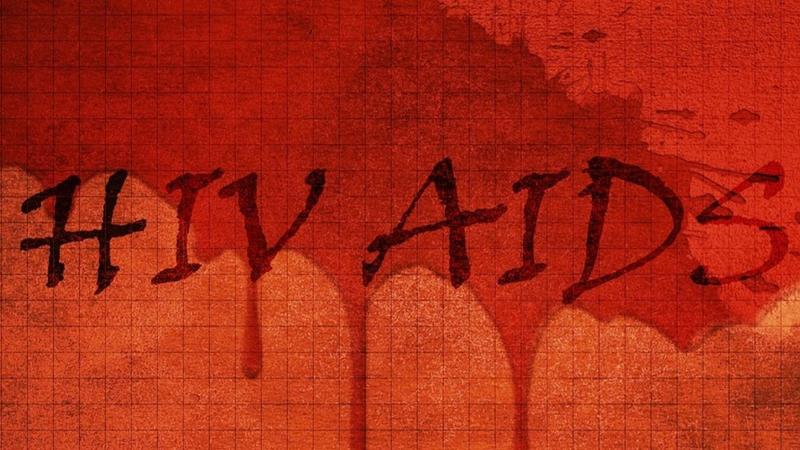Published 20:04 IST, July 9th 2024
47 Dead, 828 Test Positive: Injectable Drug Use Fuels HIV Outbreak Among Tripura Students
Till now, 828 students have been diagnosed with HIV in Tripura.

HIV Cases Rise in Tripura | Image:
Pixabay
- Listen to this article
- 3 min read
Advertisement
20:04 IST, July 9th 2024




